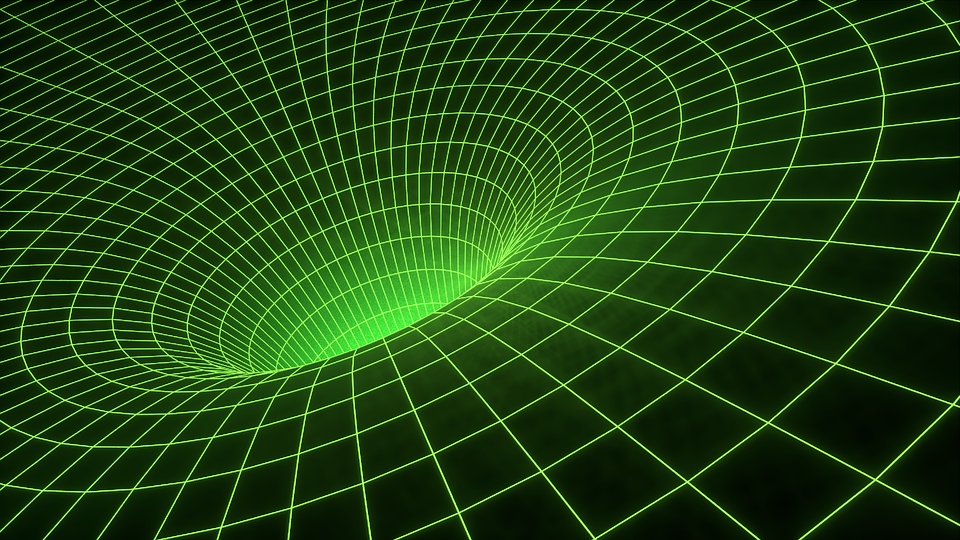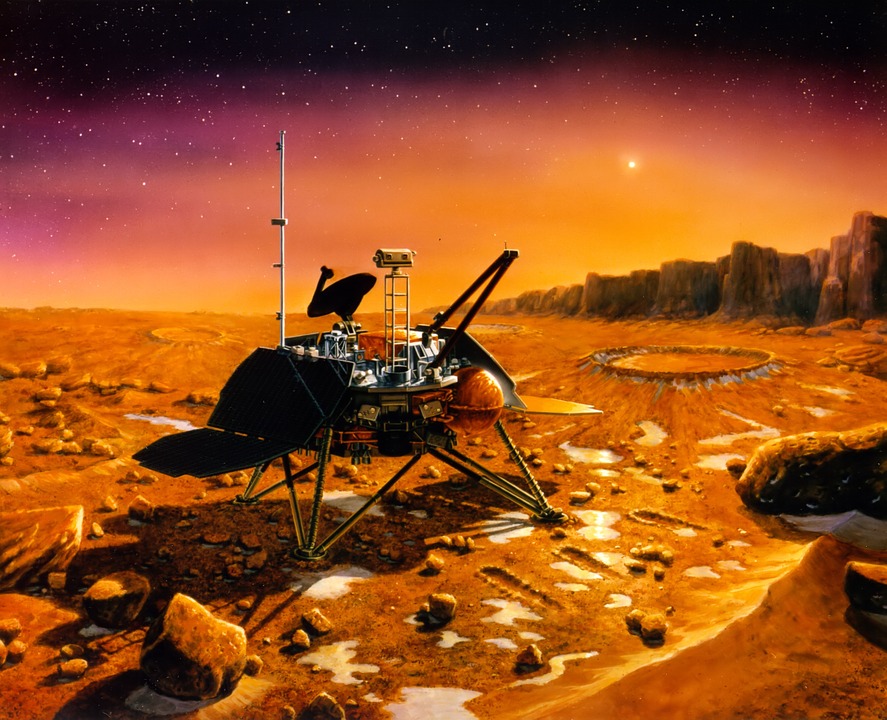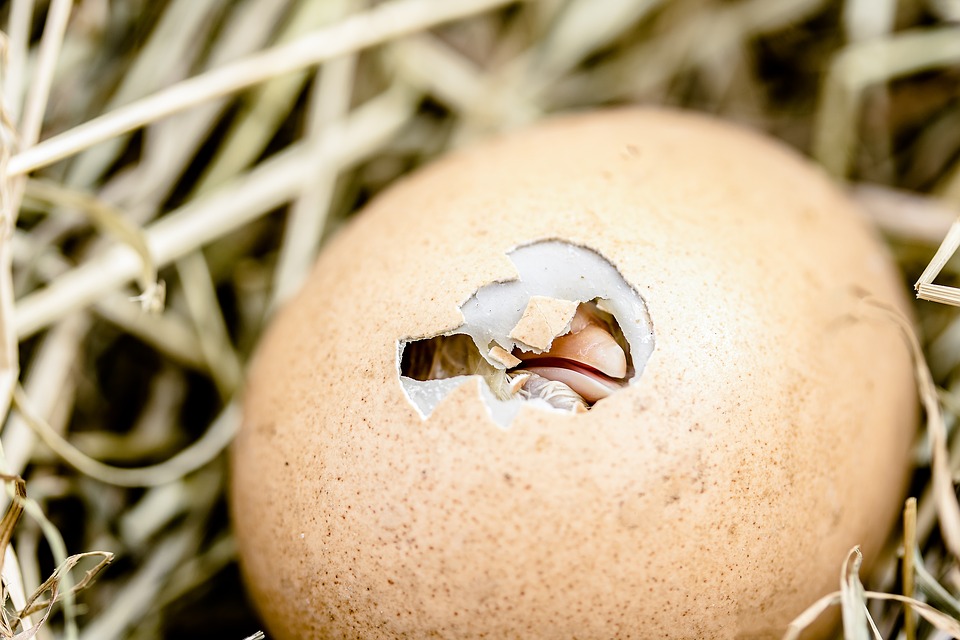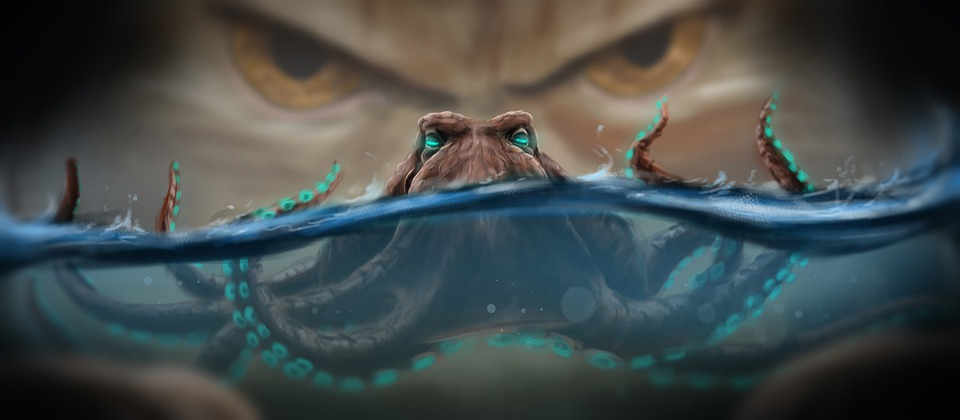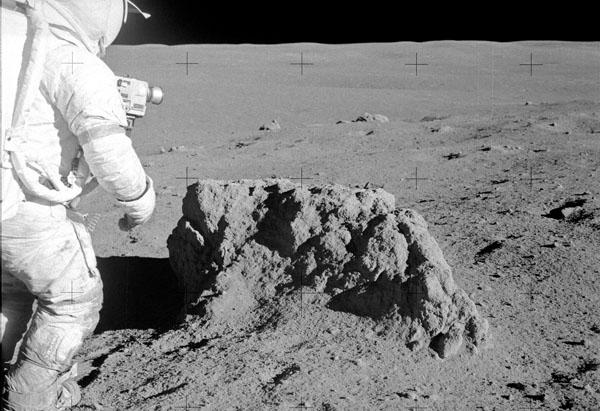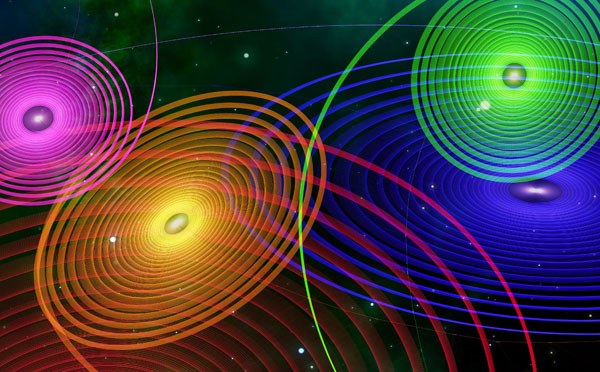Sophia, the First Robot Citizen
In a video that’s as unsettling as it is awe-inspiring, Sophia — the world’s first robot citizen — breaks down everything from gender to ethical robot design. Sophia spoke last month at a festival of the future called Brain Bar in Budapest, Hungary. Since Sophia was activated in April 2015, she has appeared publicly to speak about women’s rights issues, her own citizenship and other topics. The android made big news in October 2017, when she was granted citizenship in Saudi Arabia at the tech summit Future Investment Initiative (FII). And more recently, Sophia spoke at Brain Bar, which describes … Read more





